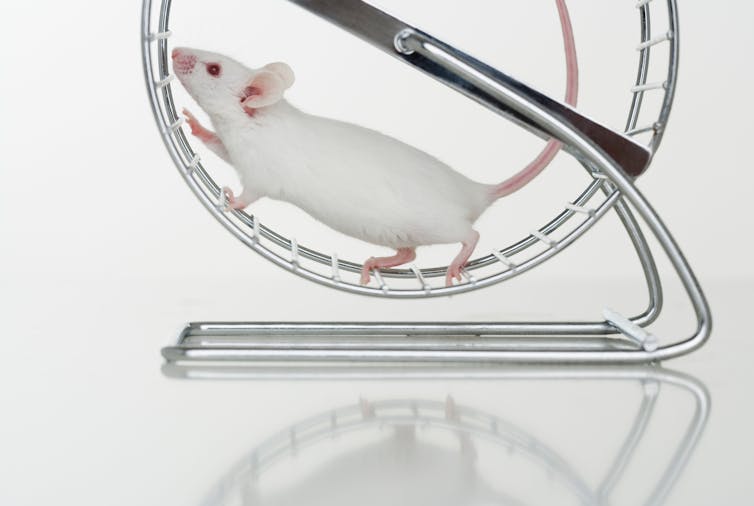
As people who research aging like to quip, the best thing you can do to increase how long you live is to pick good parents. After all, it has long been recognized that longer-lived people tend to have longer-lived parents and grandparents, suggesting that genetics influence longevity.
Complicating the picture, however, is that we know that the sum of your lifestyle, specifically diet and exercise, also significantly influences your health into older age and how long you live. What contribution lifestyle versus genetics makes is an open question that a recent study in Nature has shed new light on.
Scientists have long known that reducing calorie intake can make animals li...
Read More









Recent Comments